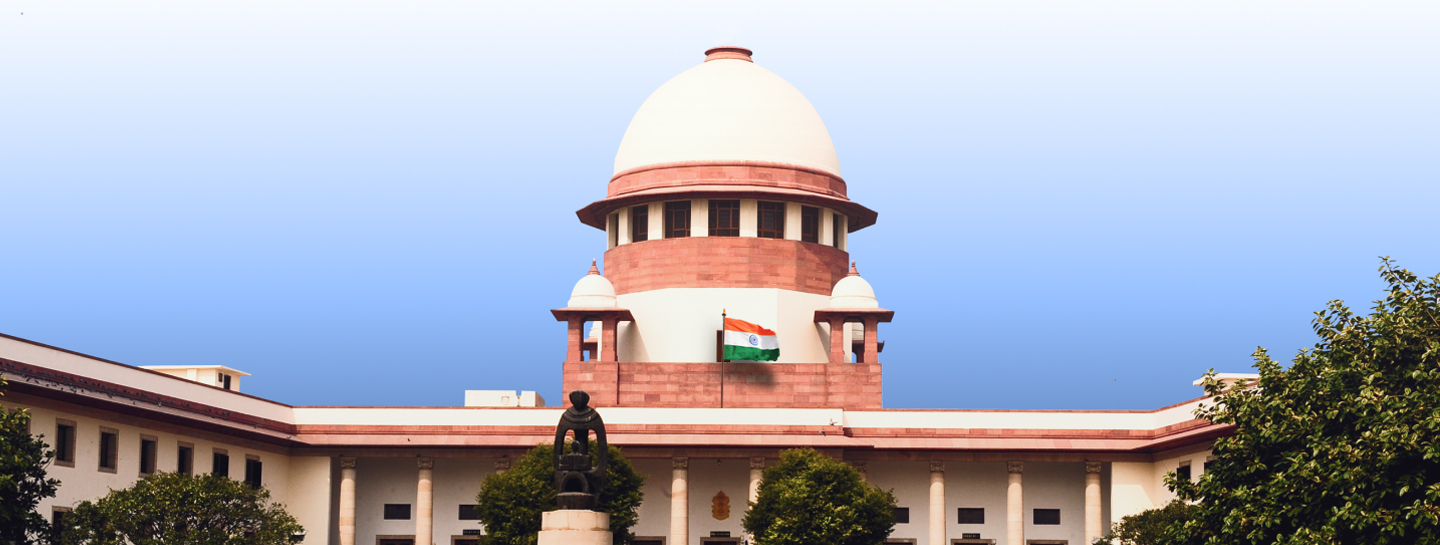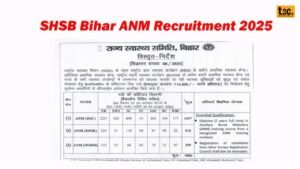Current Affairs April 2025 for Competitive Exams: Week 2

Monthly Current Affairs April 2025: Women & Men in India, UNCTAD AI Report, Supreme Court Ruling, GenomeIndia
Prepare smarter for UPSC, SSC, Banking, and other competitive exams with our April 2025 Current Affairs guide. This month’s highlights include the Women and Men in India 2024 report, UNCTAD’s Technology and Innovation Report 2025 on AI, the Supreme Court’s landmark ruling on Governors’ bill actions, and preliminary findings from the GenomeIndia project. Download our free PDF and take our quiz to ace your exam preparation!
1. Women and Men in India 2024: Gender Dynamics for Exams
Overview
Released on 7 April 2025 by the Ministry of Statistics and Programme Implementation (MoSPI), the 26th edition of Women and Men in India 2024 provides critical insights into gender dynamics across population, education, health, economic participation, and decision-making. This report is a must-know for competitive exam aspirants.
Key Highlights
- Sex Ratio at Birth: Urban areas (910 females per 1,000 males) surpassed rural areas (907) from 2014-16 to 2018-20, reflecting female urban migration trends.
- Health: Maternal Mortality Rate (MMR) declined from capability 122 (2015-17) to 97 (2018-20), showcasing improved maternal healthcare.
- Education: Literacy rates stand at 84.7% (males) and 70.3% (females) as of 2017. Kerala has the smallest gender gap, while Rajasthan has the largest.
- Economic Participation: Female Labour Force Participation Rate (LFPR) rose significantly from 23.3% (2017-18) to 41.7% (2023-24).
- Financial Inclusion: Women hold 39.2% of bank accounts and contribute 39.7% of deposits, indicating growing financial empowerment.
- Leadership: Women’s representation on corporate boards increased to 28.7% in FY25 from 26.7% in FY20.
- Political Participation: Female voter turnout slightly declined from 67.2% (2019) to 65.8% (2024).
- Violence Against Women: 31.9% of married women (18-49) face spousal violence, with the highest rates in Karnataka (48.4%), Bihar (42.5%), and Manipur (41.6%).
Exam Tip: Note the MMR drop and female LFPR rise for UPSC health and economy questions. Source: MoSPI Women and Men in India 2024.
2. UNCTAD Technology and Innovation Report 2025: AI for Inclusive Growth
Overview
The UNCTAD Technology and Innovation Report 2025, titled Inclusive Artificial Intelligence for Development, was released in March 2025 by UN Trade and Development (UNCTAD). It outlines a roadmap for leveraging AI to foster inclusive growth while addressing risks of global inequality.
Key Findings
- AI Market Growth: The global AI market is projected to reach $4.8 trillion by 2033, up from $189 billion in 2023.
- Job Impact: AI could impact 40% of global jobs, enhancing productivity but posing risks of automation-driven job losses, especially in low-skill sectors.
- Market Dominance: 100 firms, primarily in the US and China, account for 40% of global corporate R&D spending. The US holds 70% of global AI private investment ($67 billion in 2023), followed by China ($7.8 billion) and India ($1.4 billion).
Way Forward for Inclusive AI
- Developing Countries: Adapt AI to local infrastructure, reduce skill barriers, and foster international partnerships for equitable access.
- Worker-Centric Approach: Restructure workflows to integrate AI, prioritizing upskilling and reskilling.
- Government Role: Assess national AI capacities in infrastructure, data, and skills to build robust ecosystems.
India-Specific Insights
- Readiness Index: India ranked 36th in the 2024 UNCTAD Frontier Technologies Readiness Index, up from 48th in 2022.
- Talent Pool: India has 13 million GitHub developers (2023), second only to the US.
- Government Initiatives: The India AI Mission (2024) aims to build an inclusive AI ecosystem, expand AI education, and lower entry barriers.
- Case Study: Tata Steel deployed over 250 machine learning systems to optimize production processes.
Exam Tip: Focus on India’s AI initiatives and job impact for science and technology questions. Source: UNCTAD Report 2025.
3. Supreme Court’s Landmark Ruling on Governors’ Bill Actions

Overview
On 9 April 2025, the Supreme Court (SC) invoked Article 142 in State of Tamil Nadu vs Governor of TN to issue a landmark ruling, setting time limits for Governors to act on bills under Article 200. This ensures timely legislative action and strengthens democratic processes.
Key Takeaways
- No Absolute or Pocket Veto: Governors cannot withhold assent indefinitely; “as soon as possible” in Article 200 mandates urgency.
- Absolute Veto: Withholding assent to a bill.
- Pocket Veto: Indefinite delay without action.
- Re-presented Bills: Governors must assent to unchanged bills re-passed by the legislature, unless content differs.
- Aid and Advice: Governors must follow the Council of Ministers’ advice, except for bills affecting High Court/Supreme Court powers (Article 200).
- Timelines: Specific deadlines for Governors’ actions on bills (details to be studied for exams).
- Judicial Review: Non-compliance with timelines subjects Governor’s inaction to court scrutiny.
Exam Tip: Understand the veto types and Article 200 for polity questions in UPSC and SSC exams. Check our Polity Current Affairs for related updates.
4. GenomeIndia Project: Advancing Precision Medicine

Overview
Published in Nature Genetics on 8 April 2025, the GenomeIndia project’s preliminary findings identified 180 million genetic variants from 9,772 individuals, marking a significant step toward precision medicine and genetic research in India.
Study Details
- Coverage: 85 population groups, including 32 tribal and 53 non-tribal (Tibeto-Burman, Indo-European, Dravidian, Austro-Asiatic, Admixed).
- Sample Size: 10,074 individuals sequenced; 9,772 (4,696 males, 5,076 females) analyzed after excluding two populations.
- Variants: 130 million in autosomes, 50 million in sex chromosomes (X, Y).
- Data Storage: Deposited in the Indian Biological Data Centre, Faridabad.
Significance
- Genetic Diversity: 0.1% DNA variation reveals disease predispositions, rare disorders, and community-specific adaptations.
- Reference Panel: Enables variant panels for small-scale studies, linking genes to diseases.
- Healthcare Applications: Supports low-cost diagnostics, precision medicine, and drug response prediction.
- Public Health: Enhances interventions and provides insights into India’s evolutionary history.
Collaboration
Led by 20 institutions, including IISc Bangalore, CCMB Hyderabad, IGIB Delhi, NIBMG Kolkata, and GBRC Gandhinagar, funded by the Department of Biotechnology.
Exam Tip: Note the project’s healthcare applications and genetic diversity for science and health-related questions. Explore our Current Affairs section for more.
Don’t miss out! Learn how student chapters can provide networking opportunities and professional growth. Click to read and join our WhatsApp community!
Not sure which career to choose? Our professionals can guide you. Book your counselling session now on Mytagapp.com!









